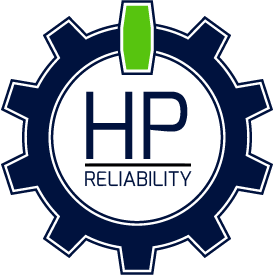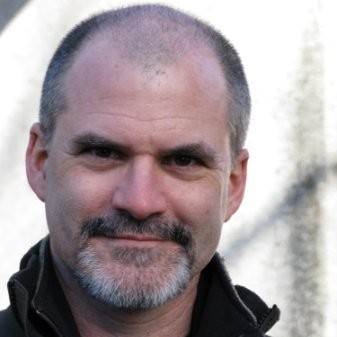First Day as a Reliability Engineer with Fred Schenkelberg
It is always a difficult first day for a reliability engineer in a new place. There are a lot of things to get yourself involved in and there are some tips that can really help you get through that successfully. The job of a reliability engineer requires always moving around, so there is hardly the need of finding the station first. A good reliability engineers always starts with getting the lay of the land first. This would involve getting to know the relevant personnel on the job and the people who can give you basic logistics of it.
In this episode, we covered:
- Tips for an RE’s first day!
- Why you should know the flow of data before analyzing.
- Understanding the type of communication you need to provide!
- And much more!
You can just try figuring out the major problems that are holding back the progress in reliability. Then you can find the reasons behind that hold back. You should take insights from experience people in there. It can be done by simply making conversations with them, value their opinion, and then offer them the help towards improvement. Once you have gotten a rough idea what the problems are and what s causing them, you can discuss the details with the management. It is very important to know the strategic goals of the organization to get the support from the higher
management.
There is always some office politics in the way but you need be able to have the buy-in with some of the relevant, important people who can help you get the inside details. You have to be careful about what kind of information you share with them and the way you communicate. Starting conversations and building that network you can rely on is very important in the start. You should be able to make them comfortable about the change management. That s the only reason they would trust you and help you improve things around. After you have identified the opportunities and risks involved, you can introduce something with the support of management and finance people.
It is always a good practice to know the flow of the data before you get into the analysis. It s important to know the source of the data, access control, and every little detail that can help you build a reliability program. The only way to do that is to ask questions and educate people about the benefits of reliability and maintenance. They should know what s in it for them and how can you contribute to make things easier for them. It all about knowing where their interest lies. You don t have to exaggerate and manipulate your way into things. You can keep it simple and
communicate your message appropriately to get the trust of the relevant personnel. You can get to know the data statistics, processes, and tools from interviewing people. You can carefully devise your questions and then carry out the exchange in a planned way. You should be a good listener and you need to make everyone comfortable around you for them to share knowledge with you. Building a good network and then taking the time to sort through all the data goes a long way.
Eruditio Links:
Fred Schenkelberg’s Links:
- Fred Schenkelberg s LinkedIn
- Speaking of Reliability Podcast
- Accendo Reliability
- Soft Skills for Reliability Engineers
Rooted In Reliability podcast is a proud member of Reliability.fm network. We encourage you to please rate and review this podcast on iTunes and Stitcher. It ensures the podcast stays relevant and is easy to find by like-minded professionals. It is only with your ratings and reviews that the Rooted In Reliability podcast can continue to grow. Thank you for providing the small but critical support for the Rooted In Reliability podcast!
The post 151- First Day as a Reliability Engineer with Fred Schenkelberg appeared first on Accendo Reliability.

